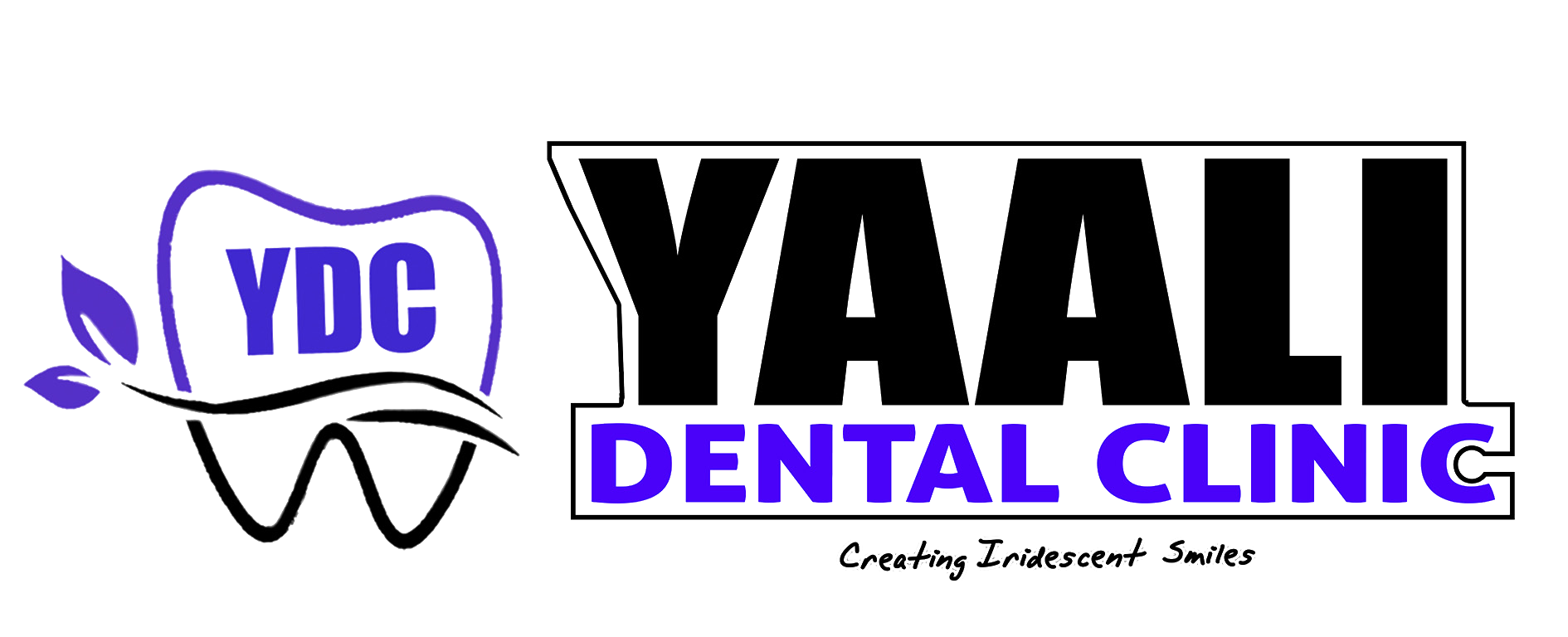Patients Awareness
- Home
- Patients Awareness
Your Dental Health Matters
Empowering You for Optimal Oral Health
Your oral health is deeply intertwined with your overall well-being. Maintaining good hygiene, scheduling regular check-ups, and promptly addressing dental issues are vital steps for preventing problems. Together, we can promote a lifetime of healthy smiles through proactive care and open communication about your dental needs.
Practicing preventive care is essential for optimal oral health. Regular dental check-ups, cleanings, and screenings help us identify potential issues before they become serious. By taking these steps, you can save time, money, and discomfort in the long run, ensuring a healthy mouth and a beautiful smile.
As a patient, your rights include being fully informed about your dental health and treatment options. We encourage you to ask questions and share your concerns. Our team is dedicated to providing the support and knowledge you need to make informed decisions about your care, empowering you to take charge of your oral health.
Proactive Steps for a Healthier Smile
Taking proactive measures at home is crucial for maintaining your oral health. Flossing daily removes plaque and debris from hard-to-reach areas between teeth and along the gumline. Incorporating this simple habit into your routine helps prevent cavities, gum disease, and bad breath, ensuring your smile stays bright and healthy.
In cases of dental damage or decay, restorative dentistry offers effective solutions to repair and enhance your smile. Treatments like fillings, crowns, bridges, and implants are designed to restore function, comfort, and aesthetics. Our dedicated team is here to provide personalized care, helping you regain confidence in your smile while addressing any concerns you may have.
The Stages of Caries Development
Understanding the stages of caries development is crucial for maintaining good oral health. The process begins with the demineralization of tooth enamel, which occurs when acids produced by bacteria in plaque attack the tooth surface. This initial stage may not present any noticeable symptoms, making it easy to overlook.
As the demineralization progresses, small white spots may appear on the enamel, indicating early tooth decay. If proper oral hygiene is not practiced, this stage can lead to the formation of cavities, where the damage penetrates deeper into the tooth structure. Regular dental check-ups are essential at this point to identify and address issues before they worsen.
If untreated, caries can advance to the inner layers of the tooth, potentially causing severe pain and infection. At this stage, restorative treatments such as fillings or crowns may be necessary. Early intervention is key to preventing extensive damage, so maintaining good oral hygiene and visiting your dentist regularly is vital.
How to Use Dental Floss
Using dental floss correctly is essential for effective oral hygiene and preventing gum disease. Begin by cutting a piece of floss about 18 inches long. Wrap the ends around your middle fingers, leaving a few inches in between for easy maneuvering. Holding the floss tightly between your thumbs and index fingers, gently slide it between your teeth.
Once the floss is in place, curve it into a C-shape around each tooth. This technique allows you to clean the sides of the teeth effectively, reaching below the gumline. Move the floss up and down gently, avoiding any harsh sawing motions that could injure your gums.
After cleaning each tooth, use a fresh section of floss to prevent the transfer of bacteria from one area to another. Flossing daily helps remove plaque and food particles that a toothbrush might miss, significantly reducing the risk of cavities and gum disease. Make it a part of your daily routine for a healthier smile.
Foods & Drinks That Damage Your Teeth
Certain foods and beverages can significantly harm your dental health and lead to tooth decay. Sugary snacks, like candies and pastries, are among the biggest culprits, as they provide fuel for harmful bacteria that produce acids. These acids attack tooth enamel, leading to cavities if not promptly addressed.
Acidic beverages, including sodas and citrus juices, can also erode enamel over time. The frequent consumption of these drinks increases the risk of dental erosion and sensitivity. It’s essential to limit these beverages and choose alternatives that are less harmful, such as water or milk.
Starchy foods, such as chips and bread, can become lodged between teeth, creating a breeding ground for plaque. To protect your teeth, opt for healthier snacks like fruits and vegetables, which not only contribute to overall health but also help cleanse your teeth naturally. Making informed choices about what you consume can significantly impact your long-term oral health.
With Yaali Dental Clinic
Effortless Appointments, Exceptional Care
At Yaali Dental Clinic, we’re committed to providing you with high-quality dental care in a way that’s easy and convenient. From the moment you schedule your appointment, your journey to a healthier smile is streamlined and stress-free.
